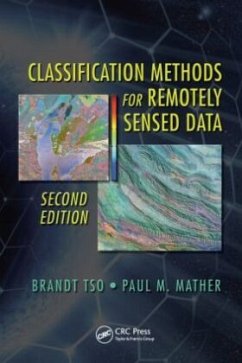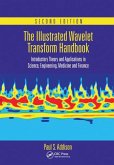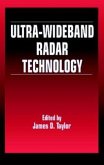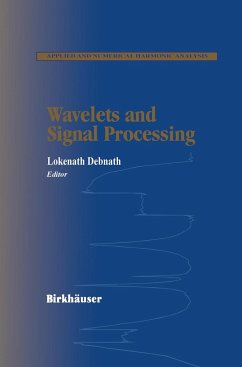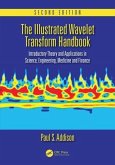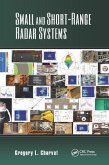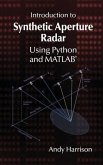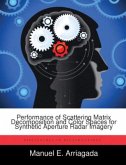Since the publishing of the first edition of Classification Methods for Remotely Sensed Data in 2001, the field of pattern recognition has expanded in many new directions that make use of new technologies to capture data and more powerful computers to mine and process it. What seemed visionary but a decade ago is now being put to use and refined in commercial applications as well as military ones.
Keeping abreast of these new developments, Classification Methods for Remotely Sensed Data, Second Edition provides a comprehensive and up-to-date review of the entire field of classification methods applied to remotely sensed data. This second edition provides seven fully revised chapters and two new chapters covering support vector machines (SVM) and decision trees. It includes updated discussions and descriptions of Earth observation missions along with updated bibliographic references. After an introduction to the basics, the text provides a detailed discussion ofdifferent approaches to image classification, including maximum likelihood, fuzzy sets, and artificial neural networks.
This cutting-edge resource:
Presents a number of approaches to solving the problem of allocation of data to one of several classesCovers potential approaches to the use of decision trees Describes developments such as boosting and random forest generationReviews lopping branches that do not contribute to the effectiveness of the decision trees
Complete with detailed comparisons, experimental results, and discussions for each classification method introduced, this book will bolster the work of researchers and developers by giving them access to new developments. It also provides students with a solid foundation in remote sensing data classification methods.
Keeping abreast of these new developments, Classification Methods for Remotely Sensed Data, Second Edition provides a comprehensive and up-to-date review of the entire field of classification methods applied to remotely sensed data. This second edition provides seven fully revised chapters and two new chapters covering support vector machines (SVM) and decision trees. It includes updated discussions and descriptions of Earth observation missions along with updated bibliographic references. After an introduction to the basics, the text provides a detailed discussion ofdifferent approaches to image classification, including maximum likelihood, fuzzy sets, and artificial neural networks.
This cutting-edge resource:
Presents a number of approaches to solving the problem of allocation of data to one of several classesCovers potential approaches to the use of decision trees Describes developments such as boosting and random forest generationReviews lopping branches that do not contribute to the effectiveness of the decision trees
Complete with detailed comparisons, experimental results, and discussions for each classification method introduced, this book will bolster the work of researchers and developers by giving them access to new developments. It also provides students with a solid foundation in remote sensing data classification methods.
... a very useful addition to the shelf of anyone engaged in remote sensing image analysis. It is suitable for both students and practitioners.
-Michael Collins, in GEOMATICA, Vol. 63, No. 4
-Michael Collins, in GEOMATICA, Vol. 63, No. 4
... a very useful addition to the shelf of anyone engaged in remote sensing image analysis. It is suitable for both students and practitioners.
-Michael Collins, in GEOMATICA, Vol. 63, No. 4
-Michael Collins, in GEOMATICA, Vol. 63, No. 4

